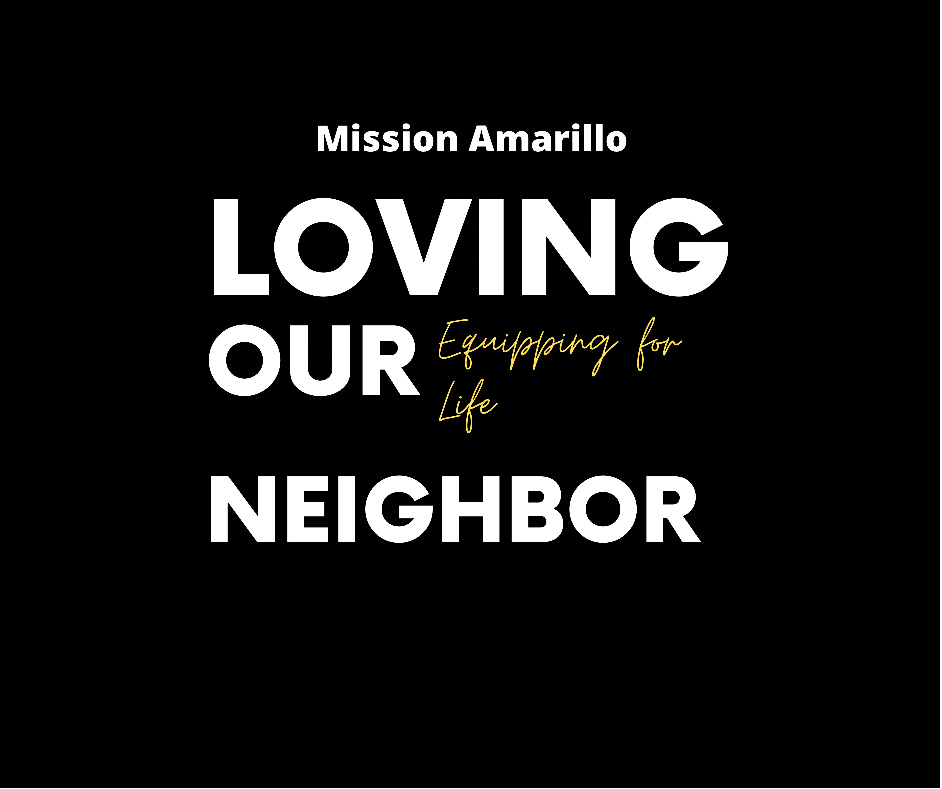We recently connected with Jeff Parsons and have shared our conversation below.
Hi Jeff, thanks for joining us today. Can you talk to us about serving the underserved.
We have four ways we serve the underserved in our community:
1. We have a shoe closet that gives free athletic type shoes to 5 school districts in our area as well as area agencies and other non profits. Check out our google reviews for the impact this has had.
2. We have a program called ParentChild+ which is a national program we are a part of. Our ParentChild+ staff does 2 home visits per week to families with kids ages 2-4. They take a free book or development toy each week for 23 weeks. ParentChild+ is a 2 year program lasting 46 weeks. Children receive 92 home visits and are 30% more likely than their socio-economic peers to graduate high school after completing the program. Right now, we are serving primarily our refugee community helping with language acquisition and acculturation.
3. Be-Loved – In Be-Loved teen to early 20s moms are assigned a mentor to walk with them through the challenges of an unexpected pregnancy. Our goal with Be-Loved is to help these moms move from dependence to independence and focus on their future rather than just survive the present. Check out our web page for all the details of how walking one on one with these moms changes there lives. https://www.missionamarillo.org/programs/be-loved
A new part of Be-Loved that will launch sometime in October or November is Be-Loved House. We have purchased a duplex that 2 of our moms will live in. They will pay a discounted rent, receive financial management training, open a bank account, and receive training on practical ways to shop, buy groceries, and help with everyday living. Our goal is to equip these moms to be able to live on their own and support themselves and their children.
4. 365 Dad – In 365 Dad, we train dads how to overcome any issues their upbringing may have caused and become the type of father they want to be. We used the National Fatherhood Initiatives 24/7 dad curriculum. Once dads complete the training they are given an mentor upon request to walk with them to become the type of dad they’ve always wanted to be.
All of these programs are unique in our community and stem from our philosophy that systemic change best occurs through mentors walking one on one with those who want it.
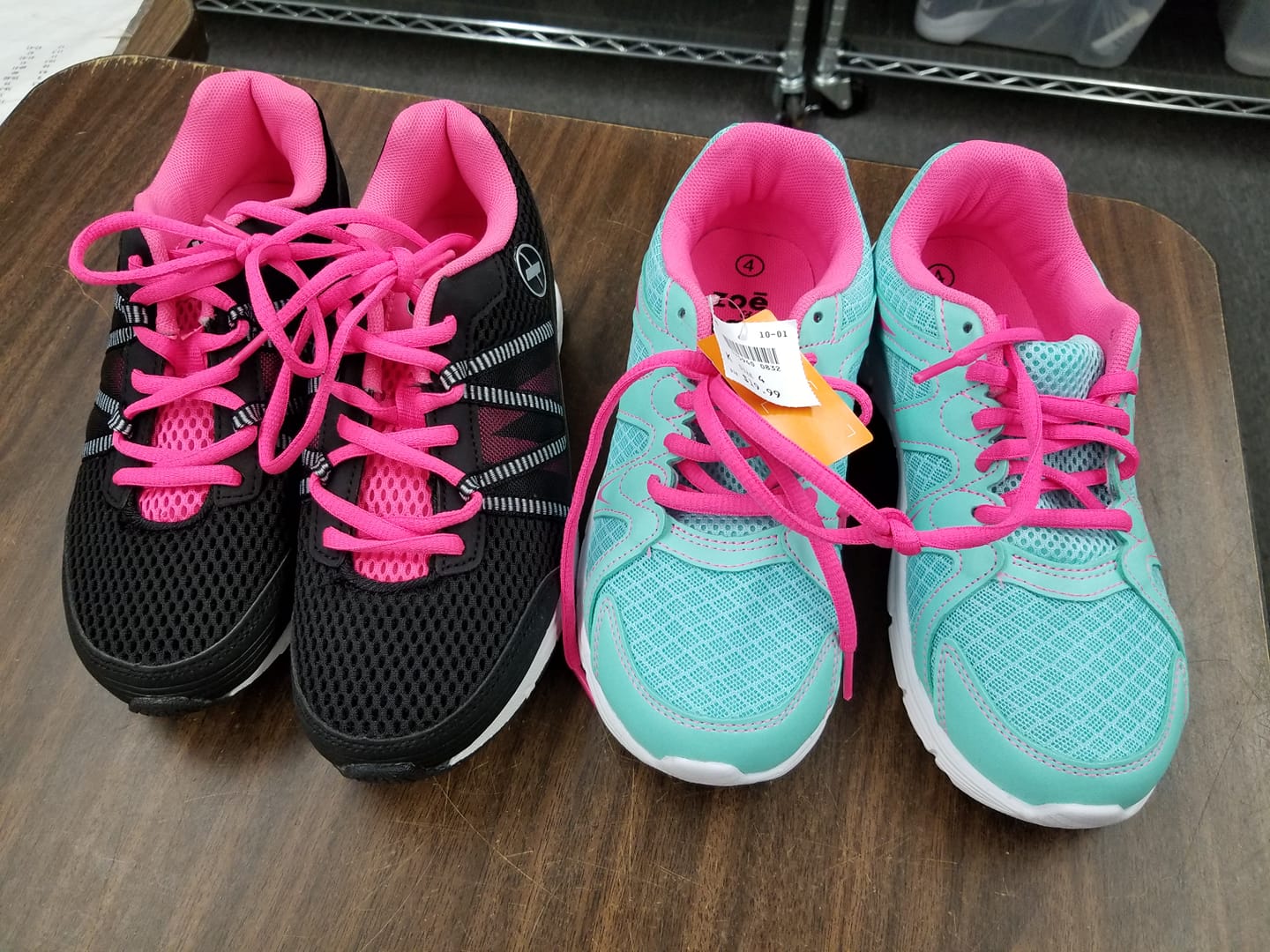
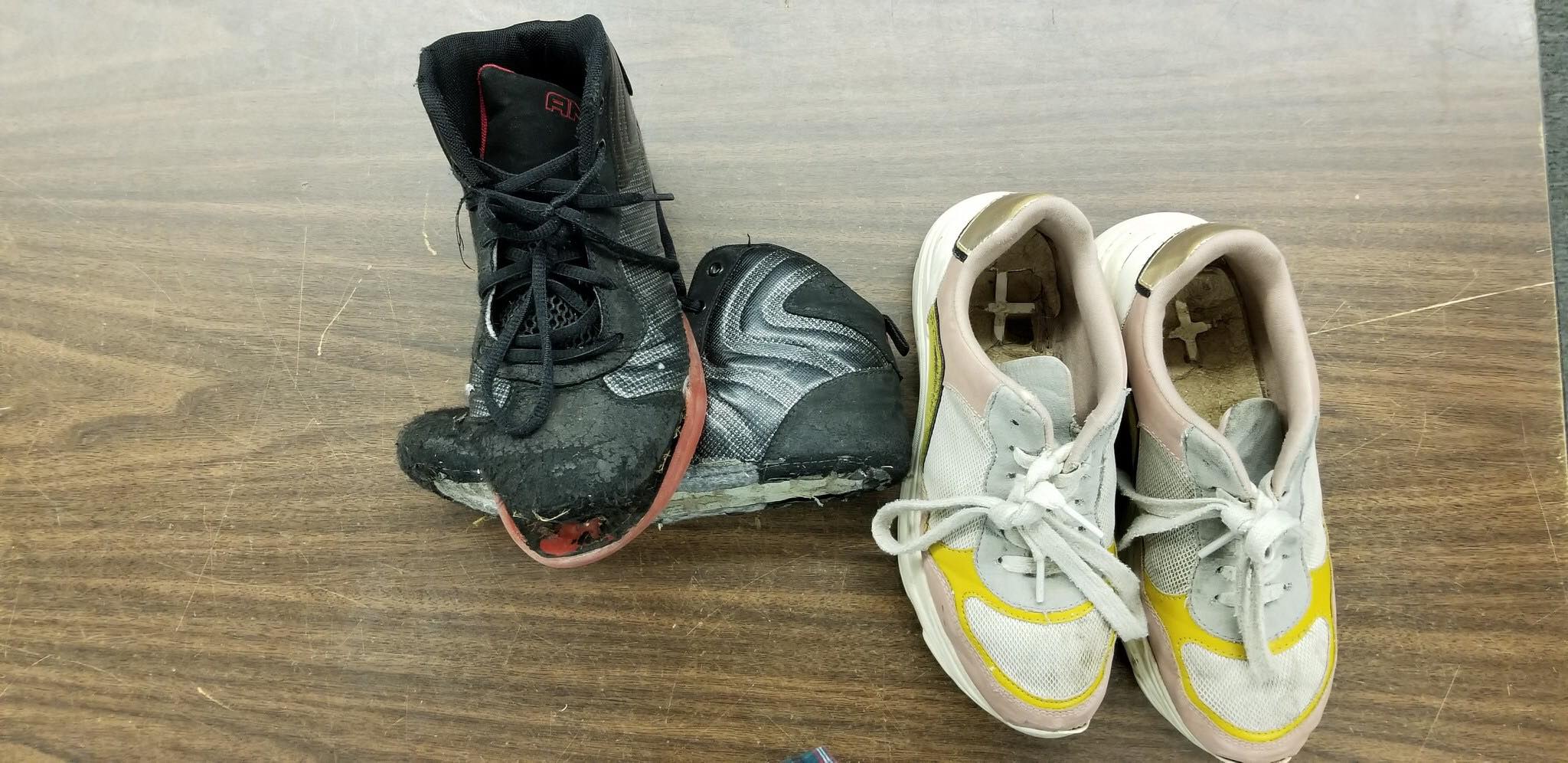
Awesome – so before we get into the rest of our questions, can you briefly introduce yourself to our readers.
I was a bi-vocational college minister, who worked full time in the IT industry. I was bringing a college group back from a mission trip to the largest low income apartment ministry in the US, Mission Arlington. Returning from that trip, I felt like God wanted me to start a ministry to low income apartment residents in our community. Much to my surprise, I was able to raise the funds needed to do this ministry in Amarillo and started it through the Amarillo Area Baptist Association in June of 2001. We conducted bible studies and did benevolence works including school supplies and Christmas outreach for the first 14 years.
In 2010, we began to see a need for shoes and began our shoe closet. We quickly found that the need for shoes would go far beyond what local Baptist churches could provide, so we sought and received non-profit status later that year. That opened us to not only churches outside the Baptist world, but businesses and local associations that could help us with the demand for shoes.
In 2015, we began to see the need to walk one on one with people to help with some of the systemic issues we saw people in poverty experience. We gave our apartment ministries to another NPO here and became a mentoring ministry. Through mentoring, we’ve seen people make substantial changes in their lives, become more confident that they can support their family on their own, and have taught them that God sees them and hasn’t forgotten them. It’s been rewarding and incredibly challenging as we walk people through the trauma and resulting issues their childhood has caused in their development as adults. Each day brings new challenges, but we’ve learned just as much from the grit and determination of our program participants as they have learned from us.
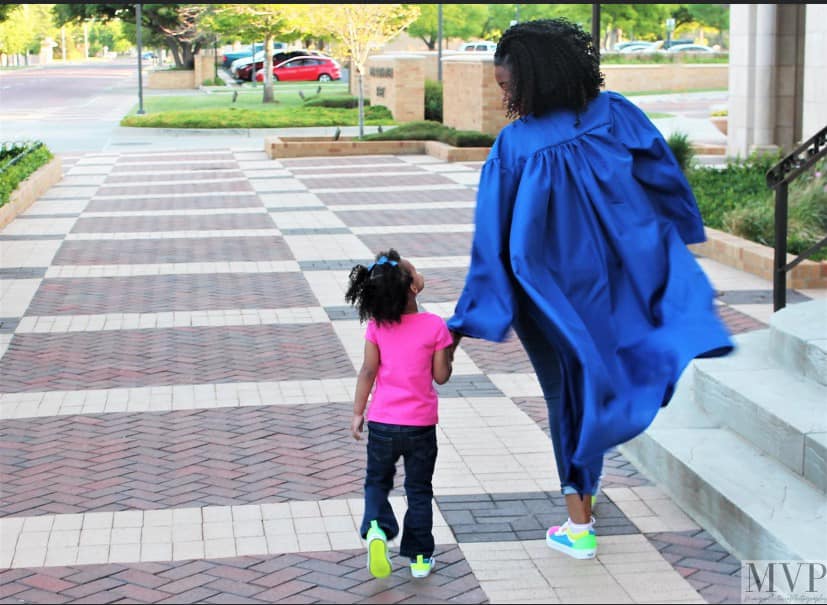
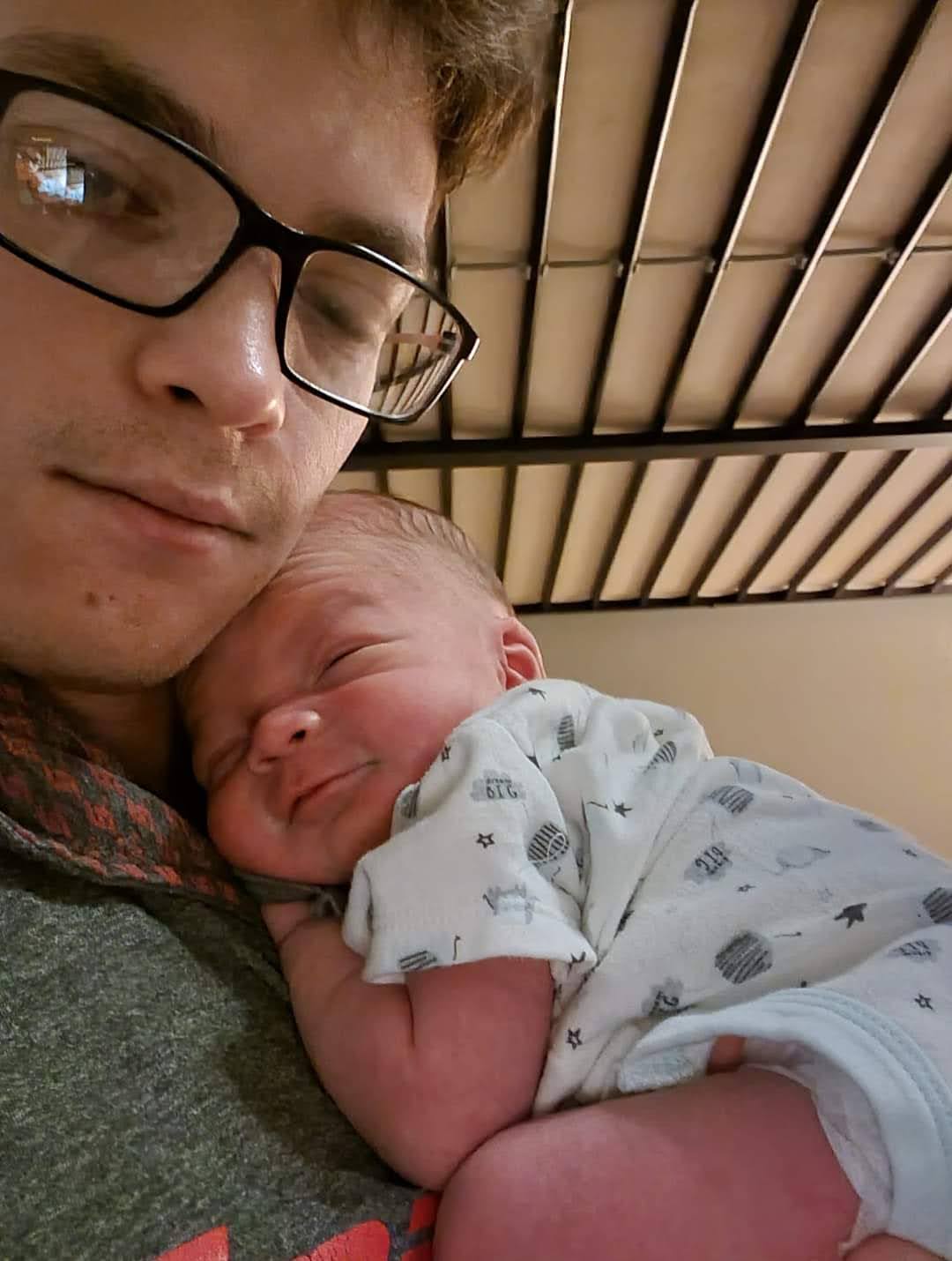
Learning and unlearning are both critical parts of growth – can you share a story of a time when you had to unlearn a lesson?
I grew up in a middle class household. My father worked for the Santa Fe Railroad and I learned the value of hard work, perseverance, and managing your resources well. Too often, however, middle class Americans look at those in poverty as lazy, undisciplined, and unwilling to make the changes needed to get off government assistance and become self supporting. What I’ve found as I’ve actually worked with people in poverty is that most are there because they lacked an adequate support system to move out of their situation. Unfortunate circumstances and incidents beyond their control forced many of the people we work with into a corner that’s difficult to get out of. I quickly realized that had I been born into their circumstances, my life wouldn’t have been much different.
I also was a teen parent, but I was able to get my college degree and a good job because my parents gave me support in a variety of ways that allowed me to focus on my education and subsequently finding a good job. Most of the people we work with lack such a support system. Our focus on mentoring is to help become a support system that most don’t have to help them to achieve what they couldn’t otherwise.
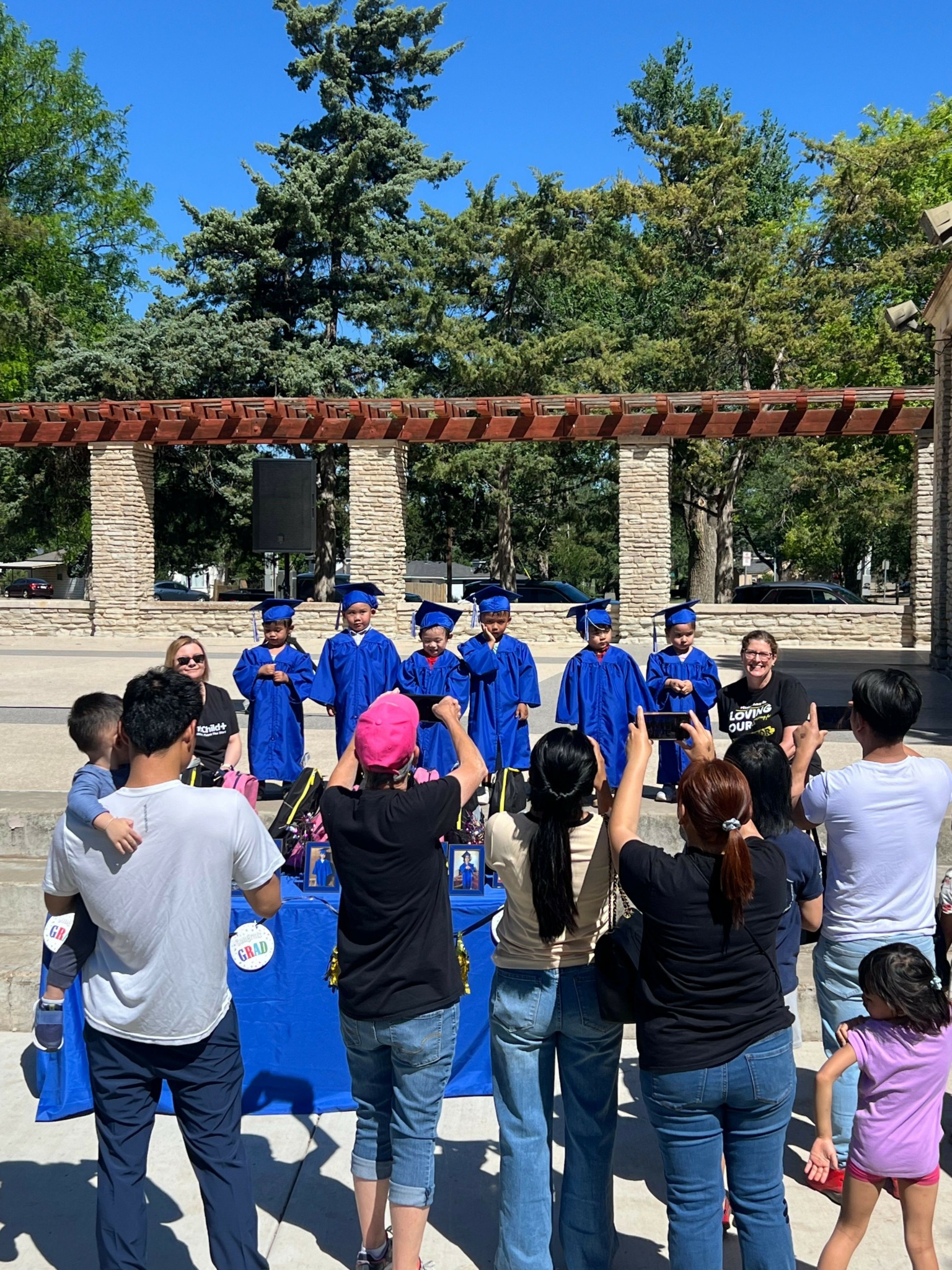
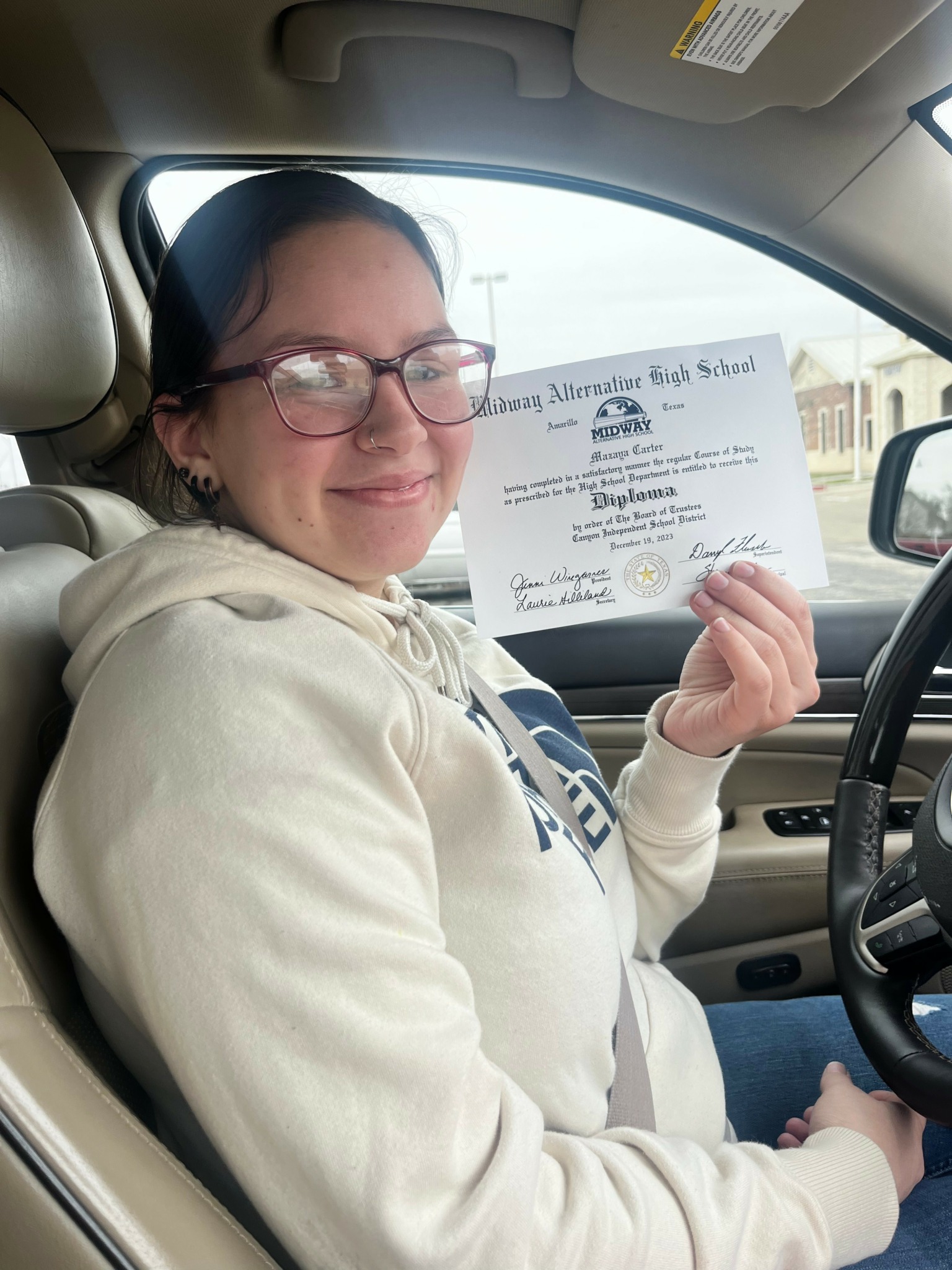
What do you think helped you build your reputation within your market?
We’ve worked hard at Mission Amarillo to establish trust with our community. We believe the best way to do that is first of all filling voids that exist in our community. We’ve worked hard to make sure the things we do are either not being done elsewhere or are critically underserved. By doing so, we reduce competition with other non-profits and give donors the assurance that they are supporting something not done anywhere else.
Second, we go out of our way to make sure we do what we say we will do. Our shoe orders are typically delivered within 24 business hours. Our mentoring ministries make sure we don’t quit on anyone, In this line of work, people will miss appointments and it may take a lot of encouraging to make meetings happens, but we stick with it. I think our donors understand that and it has produced a reputation of respect in our community.
Contact Info:
- Website: https://www.missionamarillo.org
- Instagram: missionamarillo
- Facebook: facebook/MissionAmarillo
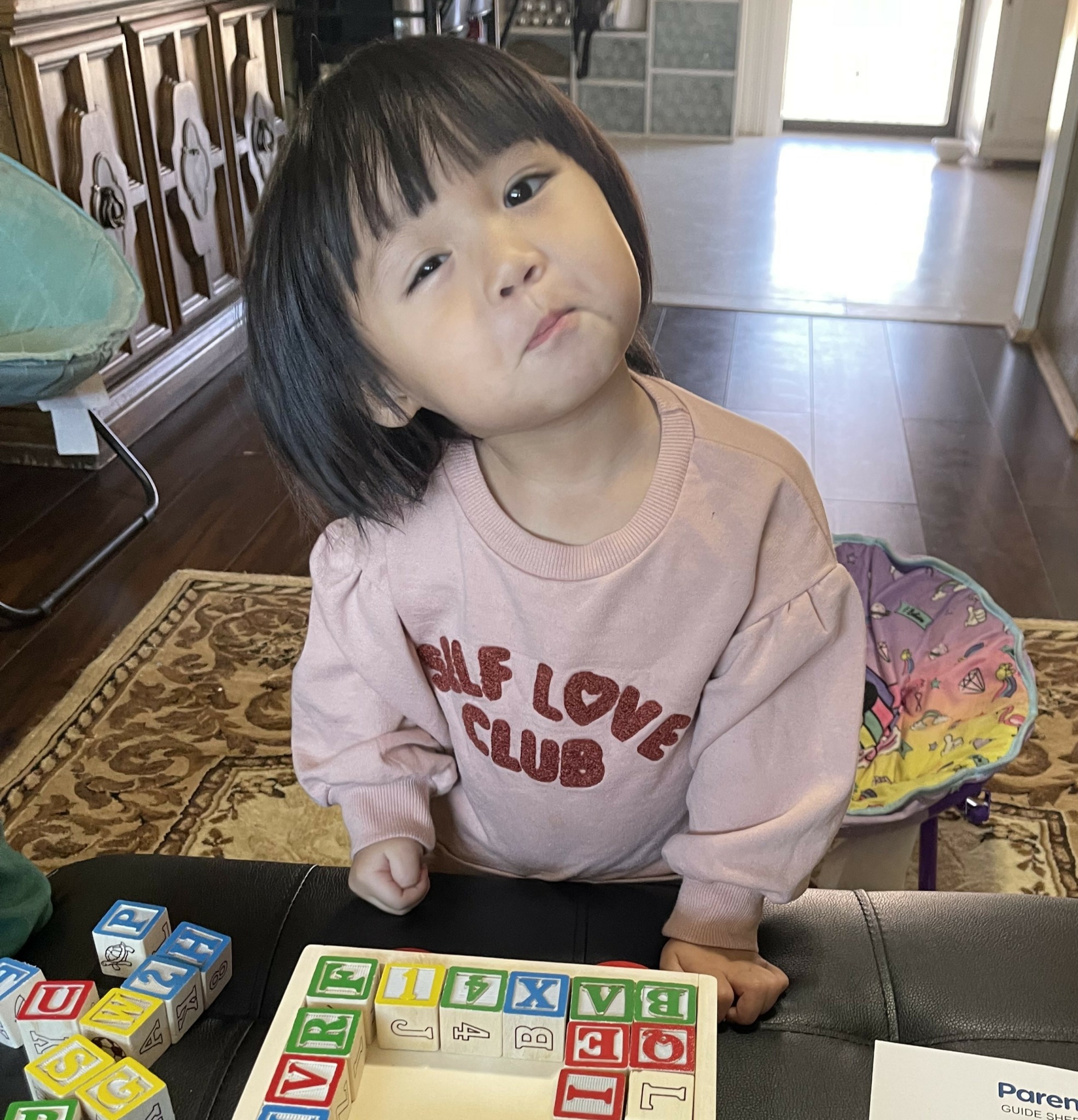
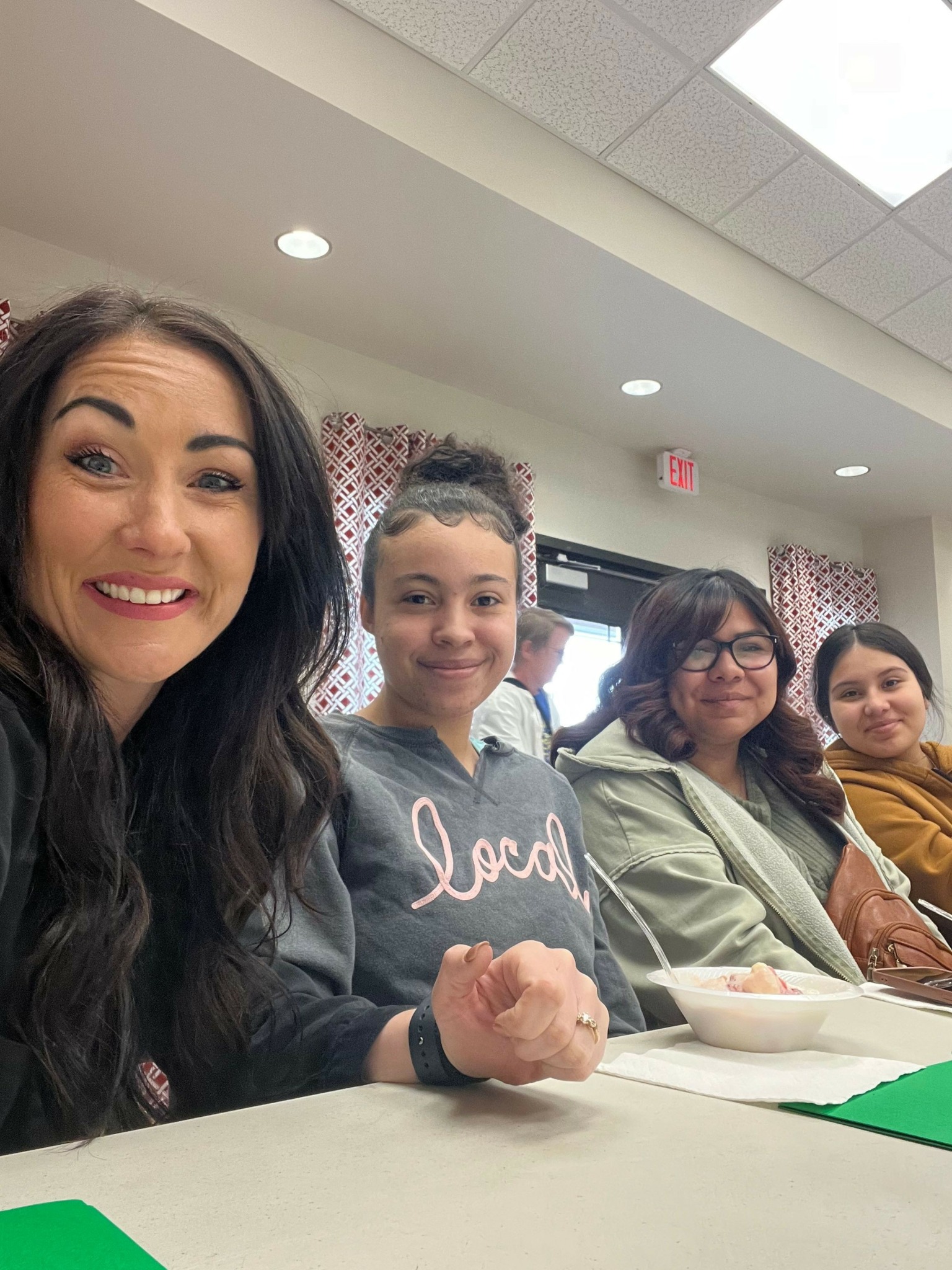
Image Credits
The first picture of shoes are what we give away. The second are some of the shoes we’ve replaced. Notice the one of the shoes insoles are so worn out, they no longer exist and the child was walking on the hard rubber top of the sole.


